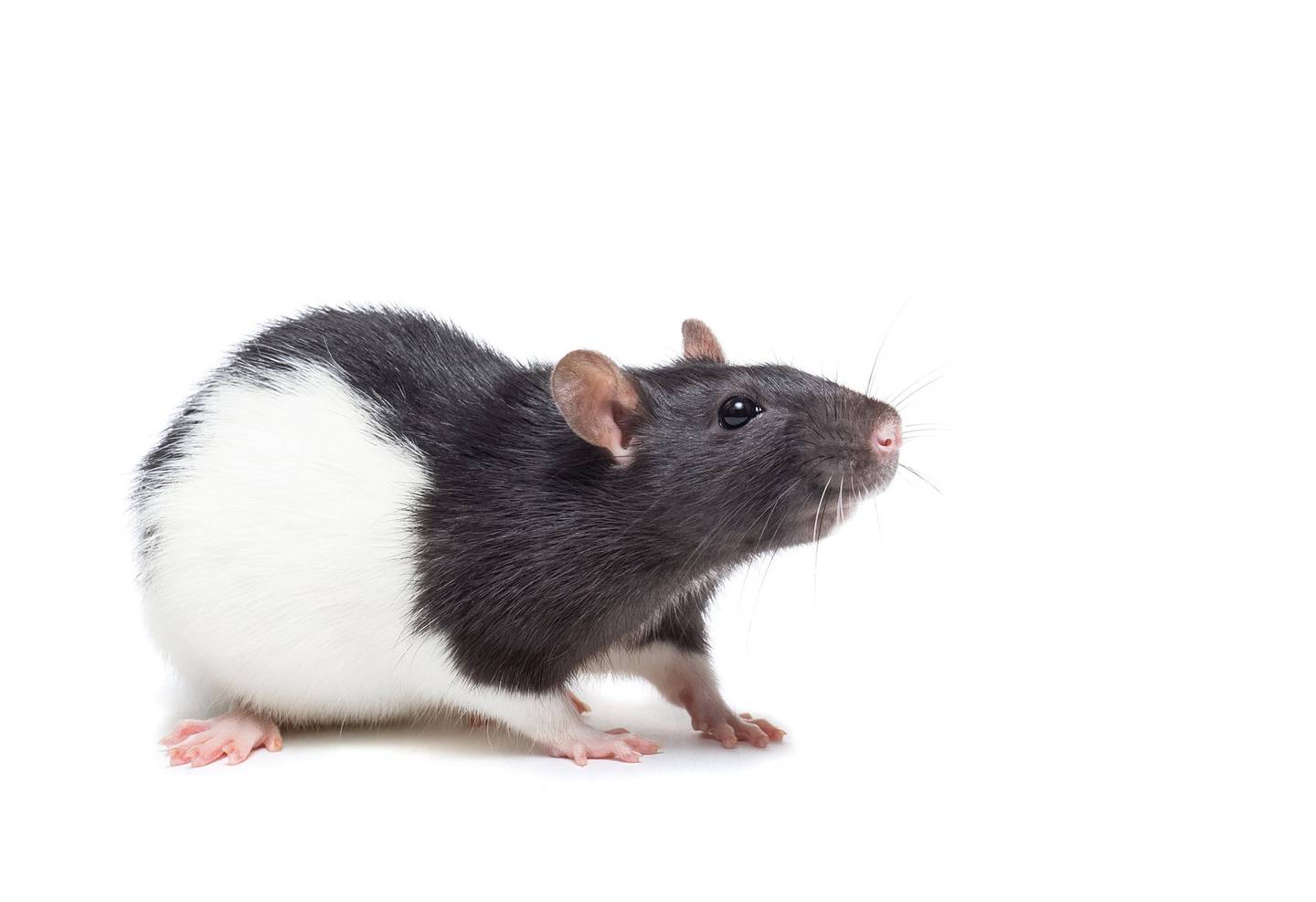
A person living in Auckland's northwest region has likely been infected with a typhus disease that can be found in fleas living on pets.
Two other people from the same home are also suspected of having the illness known as Murine Typhus, the Auckland Regional Public Health Service said.
An ARPHS spokeswoman said they were notified last week about the likely typhus infection, which can cause fever, headache, malaise, swollen lymph nodes, sore muscles and a rash in humans.
Symptoms can take up to two weeks to develop after infection but severe illness is rare.
"Treatment is with antibiotics and most people recover completely, sometimes without treatment," the ARPHS spokeswoman said.
Murine Typhus is caused by a bacterial germ that in New Zealand is spread by fleas from cats or rodents.
The bacteria live harmlessly in the insect's salivary glands but can make humans sick when transmitted via its bites or faeces.

Three people northwest of Auckland, who were handling stray kittens they wanted to rehome, are suspected of catching a form of typhus. Photo / 123rf
It cannot be passed from person to person.
"You can reduce your risk of infection by treating pets to keep them flea-free and keeping rodents and other animals like possums away from your home or workplace," the spokeswoman said.
This can include keeping tight lids on rubbish bins and compost bins and storing food – including pet food – in tight containers.

Fleas found on rats can transmit a form of typhus to humans. Photo / 123rf
It can also include using traps or pest control to control rodents, always wearing gloves when feeding or handling sick or dead animals, using insect repellent and avoiding handling stray or wild animals without appropriate protection.
Cases of Murine Typhus in Auckland tend to be rare with the last notified case taking place in 2017.
The Dairy Flat Veterinary Clinic, 35km north of Auckland, said it was notified of the outbreak on June 3.
Veterinarian Dr Angela Matthews told Stuff three people had earlier been hospitalised with the disease but were now recovering at home.
The cases included two adults and a staff member from the Kaukapakapa area, who had been handling a litter of stray kittens carrying the disease.
They had been hoping to rehome the kittens.
"The family told the clinic because they were very worried about the disease being in the area and wanted locals to be aware of it," Matthews told Stuff.
The three have been released from hospital and are recovering at home.
- by Ben Leahy, NZ Herald
Take your Radio, Podcasts and Music with you









